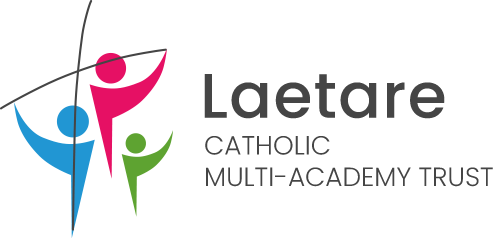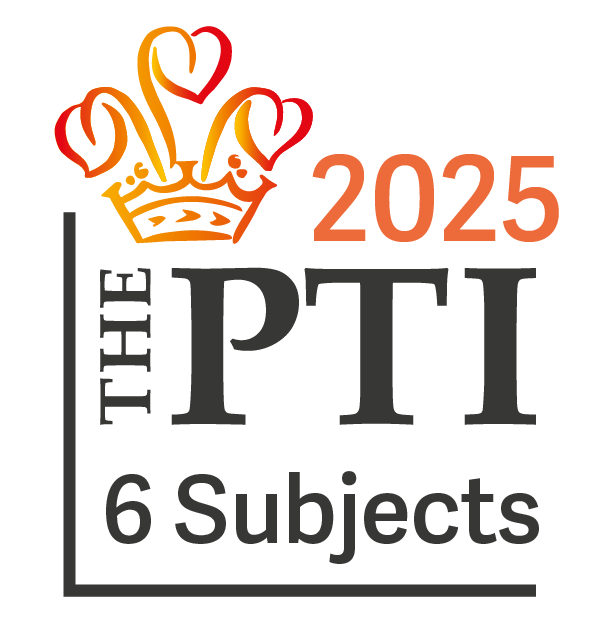Psychology
WHY SHOULD I CHOOSE PSYCHOLOGY?
Psychology is best described as the ‘science of mind and behaviour’ and is officially accepted as a Science by all Universities. The main aim of the discipline is to create testable theories about human and non-human animals and apply these theories to a range of behaviours. The hope is that results from research will enable psychologists to cure, or hopefully prevent, a range of disorders as well as finding ways to improve behaviour.
WHAT DOES THE COURSE INVOLVE?
Component One – Psychology Past to Present
The purpose of this component is to allow students, through the study of classic evidence spanning the last one hundred years, to gain an appreciation that Psychology continues to develop and evolve. Students will be asked to consider contemporary debates using their knowledge and understanding of five approaches: Biological, Psychodynamic, Behaviourist, Cognitive and Positive.
For each of the five psychological approaches it will be necessary for students to know the assumptions of each approach, how these assumptions explain a range of behaviours, therapy used by the approach and ground-breaking classic evidence related to each approach.
Component Two – Investigating Behaviour
There are two aspects to this component. Students complete two independent, scientific research investigations from the initial planning stages through to the final stage of analysis and evaluation. It is designed to introduce students to the methodologies used by psychologists and to appreciate the limitations of scientific research, especially when dealing with the complexities of humans as test material.
Component Three – Implications in the Real World
Having learnt about the various psychological approaches in Component One, students are expected to apply this knowledge and understanding to specific human behaviours. They will explore five controversies that continue to pose challenges for psychology, for example, Genetics versus Environment and Free Will versus Determinism. Students will also study Forensic Psychology, Addictive Behaviour and Schizophrenia.
HOW WILL I BE ASSESSED?
There will be three written examinations at the end of the A Level course, one for each component. Each examination will last 2 hours 15 minutes and be worth 33.3% of the total A Level.
HOW WILL I LEARN?
There will be a lot of case studies to study, allowing students to test their understanding of theories through class discussion and debate
WHAT SKILLS WILL I DEVELOP?
A Level Psychology students will be taught to demonstrate knowledge and understanding of psychological concepts, theories, research studies, research methods, and ethical issues. They will also learn how to evaluate therapies and treatments in terms of their appropriateness and effectiveness. Students will also develop an understanding of research methods, practical research skills and mathematical skills.
WHAT COULD A QUALIFICATION IN PSYCHOLOGY LEAD TO?
Many students continue to study Psychology at university or use it to support a broad range of courses. As the subject helps students understand the human mind and its reactions, it can complement a very wide range of subjects.
ENTRY REQUIREMENTS
Two x grade 6 in GCSE Combined Science Trilogy AND grade 6 in GCSE English. Grade 5 in GCSE Mathematics.










